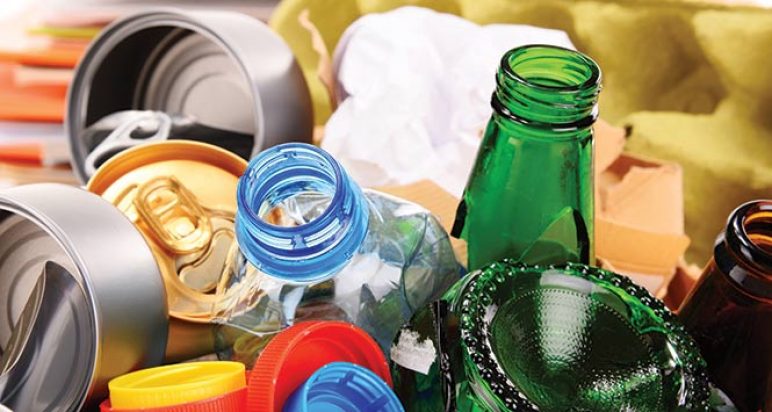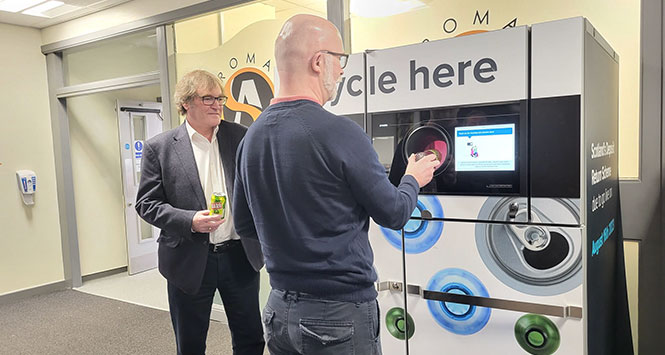The Scottish Government is to go ahead with a deposit return scheme for bottles and cans.
Addressing the Scottish Parliament (September 5), First Minister Nicola Sturgeon said the scheme was “an important part of our determination to tackle litter and clean up our streets”.
The Scottish Government said it would work closely with the business community during the scheme’s design and implementation, which will build on work already carried out by Zero Waste Scotland.
Whether the scheme will apply to small retailers remains to be decided, and the “specific difficulties” that they face will be addressed during talks with the industry.
Zero Waste Scotland has previously said that the start-up costs for retailers will be over £40m. It reached this figure by scaling-down the 720m Euro cost to German retailers when a deposit return system was implemented there.
Kate Salmon, Executive Director of the Scottish Wholesale Association, said: “The announcement that the Scottish Government will ‘design and introduce a deposit return scheme for drinks containers’ comes before any exploratory modelling work to assess the effectiveness and impacts of a scheme.
“The Scottish Government has reneged on its previous commitment to wholesalers and other stakeholders that options would be put to the public for consultation before ministers reached a final decision on whether or not to support DRS.
“Zero Waste Scotland has admitted that it has done no assessment of how this proposal would impact on Scotland’s food and drink businesses.
“We stand by our view that a deposit return scheme would be impractical and costly for consumers, businesses and local councils.”
Salmon confirmed that the Scottish Wholesale Association will continue to engage with the Scottish Government to try to develop a scheme which minimises the negative impacts on consumers, existing kerbside schemes and businesses.
The Scottish Grocers’ Federation condemned the announcement as “an atrocious decision”. It has consistently pointed out that convenience stores do not have the space to store the anticipated high level of returned beverage containers (almost three billion annually). The Federation has also been vocal on the food hygiene and health implications of storing waste containers.
Slamming DRS as “too costly, too disruptive and too expensive”, SGF Chief Executive Pete Cheema said: “If the Scottish government wanted to significantly damage the viability of an independent convenience store industry in Scotland, which provides 42,000 jobs and contributes over £500 million to the economy, then this is an ideal way to do it. This is bad policy making and bad government, there is no evidence to justify this decision.”
Opinion is split over the scheme, with newsagents’ trade body the NFRN and Coca-Cola both in favour. The soft drinks maker was originally opposed to DRS, saying in a 2015 submission to Zero Waste Scotland that it “doesn’t encourage packaging reduction or recyclability”, before changing its mind earlier this year.





